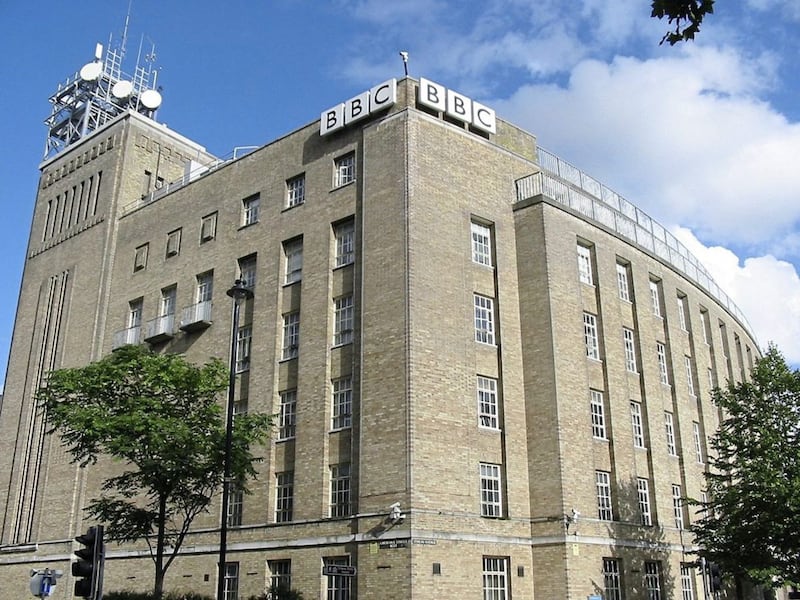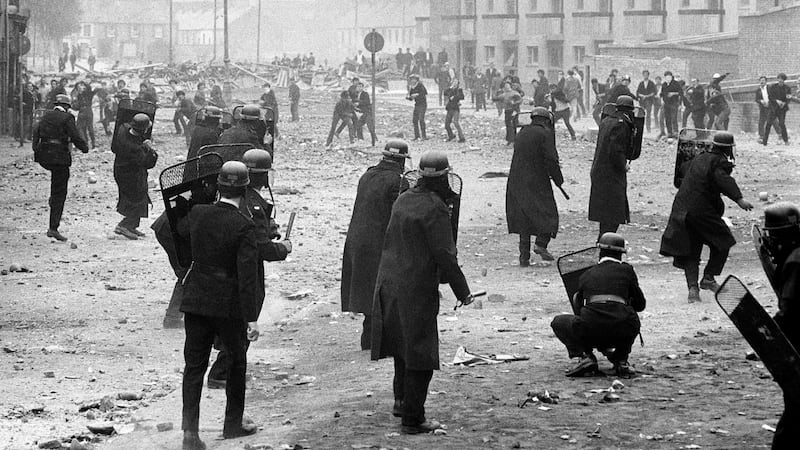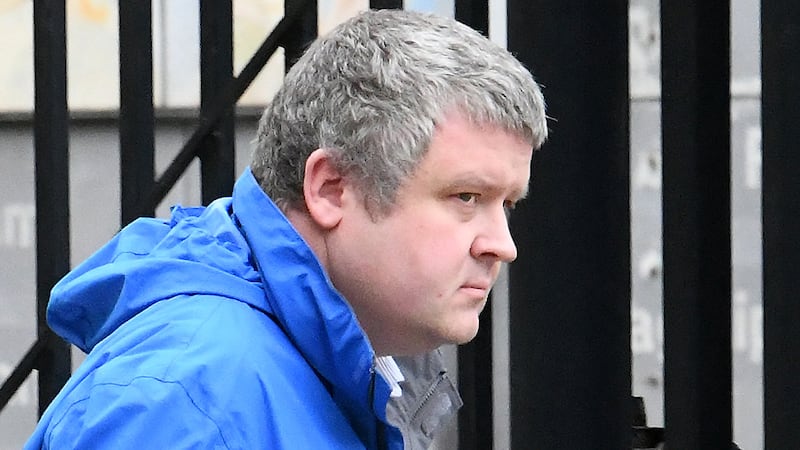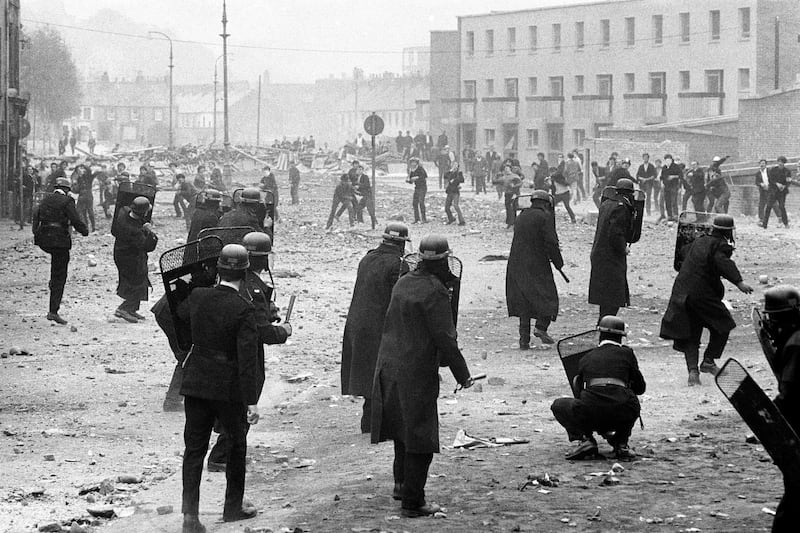The BBC has said a new documentary featuring claims that the truth about Catholics during the early Troubles was kept from British viewers because of “bloody Protestants” running the corporation in Belfast does not offer a “comprehensive account” of how things were run at the time.
The incendiary comments were made by Sir Paul Fox, who was the then-controller of BBC One and editor of the Panorama current affairs show.
His claims, made in a new documentary about the BBC and its impartiality, were reported in The Guardian, and he said the truth of what was happening to Catholics from the outbreak of the Troubles in the late 1960s and into the 1970s was not being communicated to viewers back in Britain.
Sir Paul’s claims of “censorship” are echoed in the documentary, Shooting the Rapids, by then-reporters Martin Bell and Belfast-born Denis Tuohy.

They have said the experiences of Catholics facing discrimination over housing and employment were not being heard across the Irish Sea.
The documentary is due to be screened on BBC Four on March 3 at 9pm, following reported attempts to put it straight into the BBC archives without being broadcast. It was reported that director John Bridcut secured the broadcast date following a meeting with director general Tim Davie on overruling the decision not to screen it.
“The decision had been taken that the head of Northern Ireland programmes would act as censor. So it was as difficult to film there as in the Soviet Union. It also meant that it was easier to go to America, with no censorship, to film their race problems than those of Northern Ireland,” Sir Paul said.
Meanwhile, Mr Bell, who would go on to become an independent Westminster MP, tells the filmmakers that he was told to avoid “Republican speak” such as the use of “Derry” over “Londonderry”
“I had the controller of BBC Northern Ireland breathing over my shoulder,” he said.
“I was also beaten up a bit and my cameramen were attacked by loyalists because they thought we were not their voice and were giving one to the Republicans. The Reverend Ian Paisley called the BBC ‘the Papist Broadcasting Corporation’.”
Mr Tuohy, who was the first Catholic to join BBC NI’s reporting or production teams in 1960, claimed “the grievances of the Catholics on housing or voting rights had very little traction”.
He claims that upon being moved to the BBC team in London, he was denied the chance to return to the north to cover a story in 1968, as BBC NI figures had “protested at the highest level in London that I would be too close to the story”.
“It had to be that I, a Catholic, was going to Derry on a story, and the Unionists would not like that,” he said.
Sir Paul argues: “If we, the BBC, had been given access to deal with issues and injustices long before the troops went in, the British people would have been much more aware of what was happening in Northern Ireland, and understood what was going on in our country.”
However, a BBC spokesperson said: “This documentary features the personal reminiscences of senior programme makers from the BBC but does not claim to offer a comprehensive account of events from this time.”






